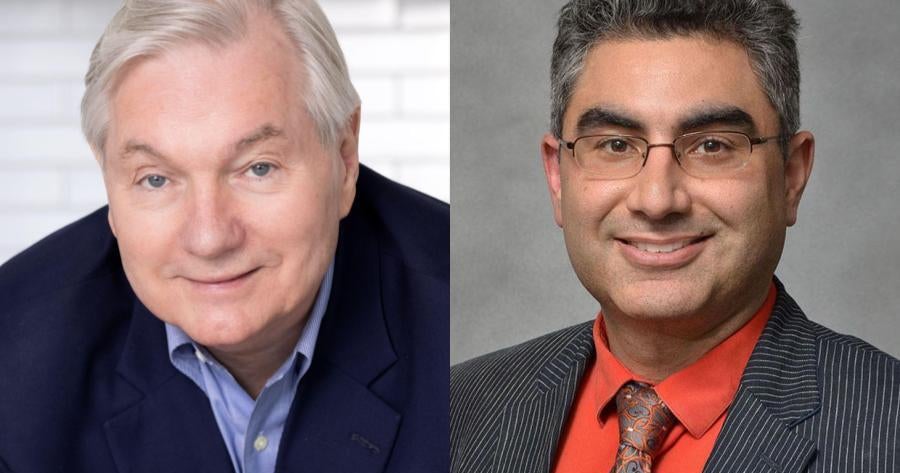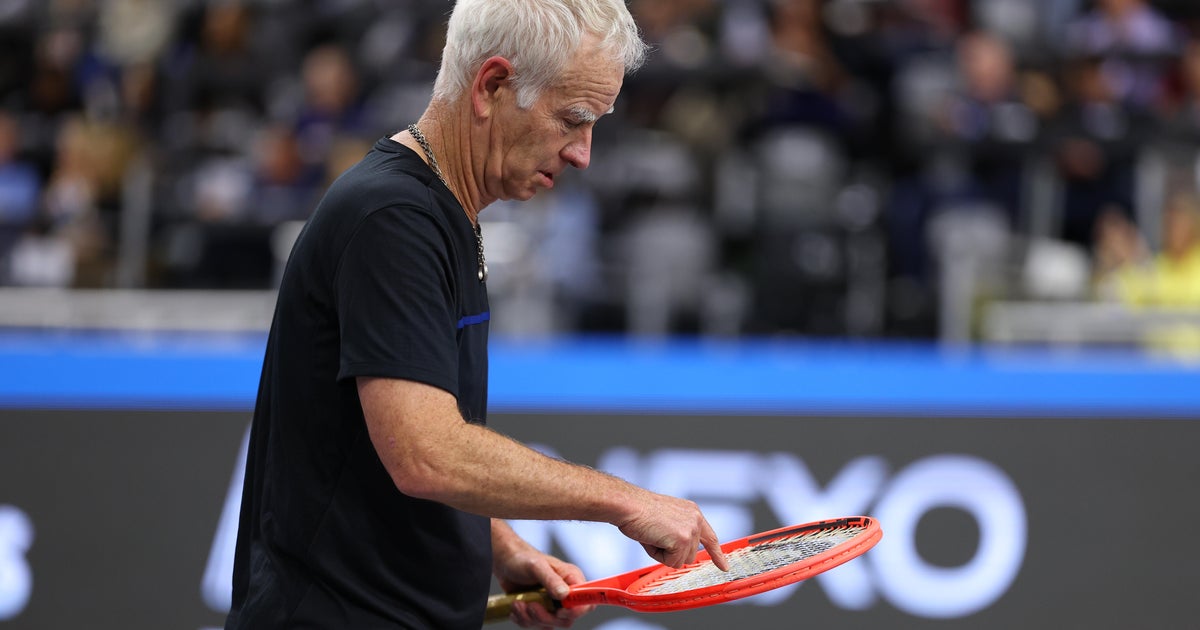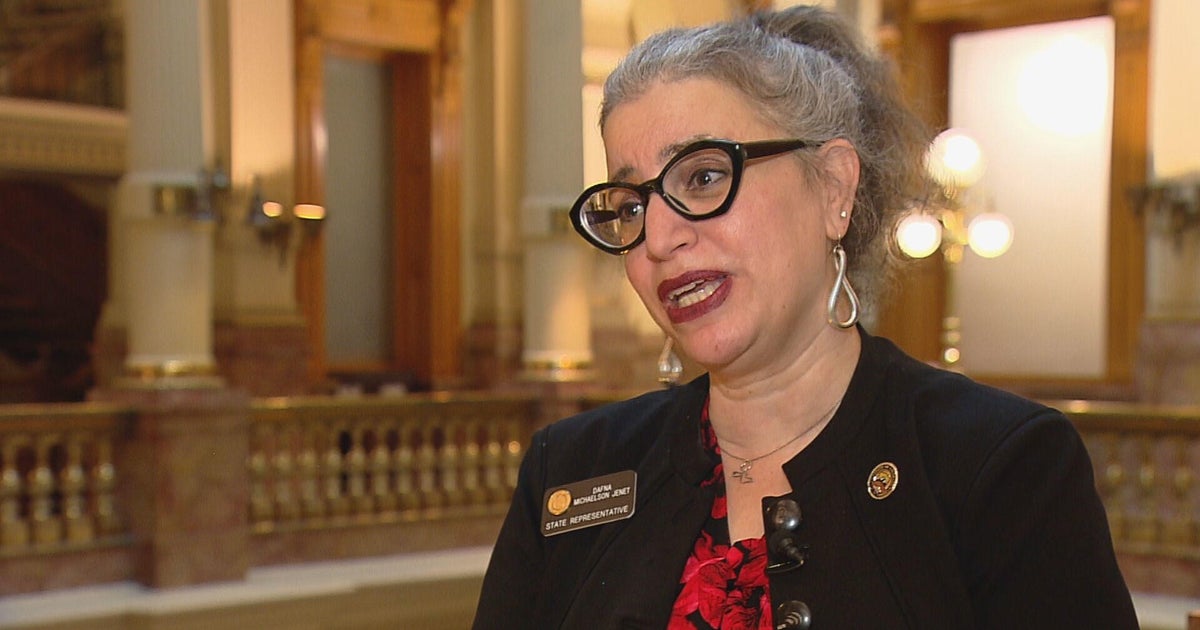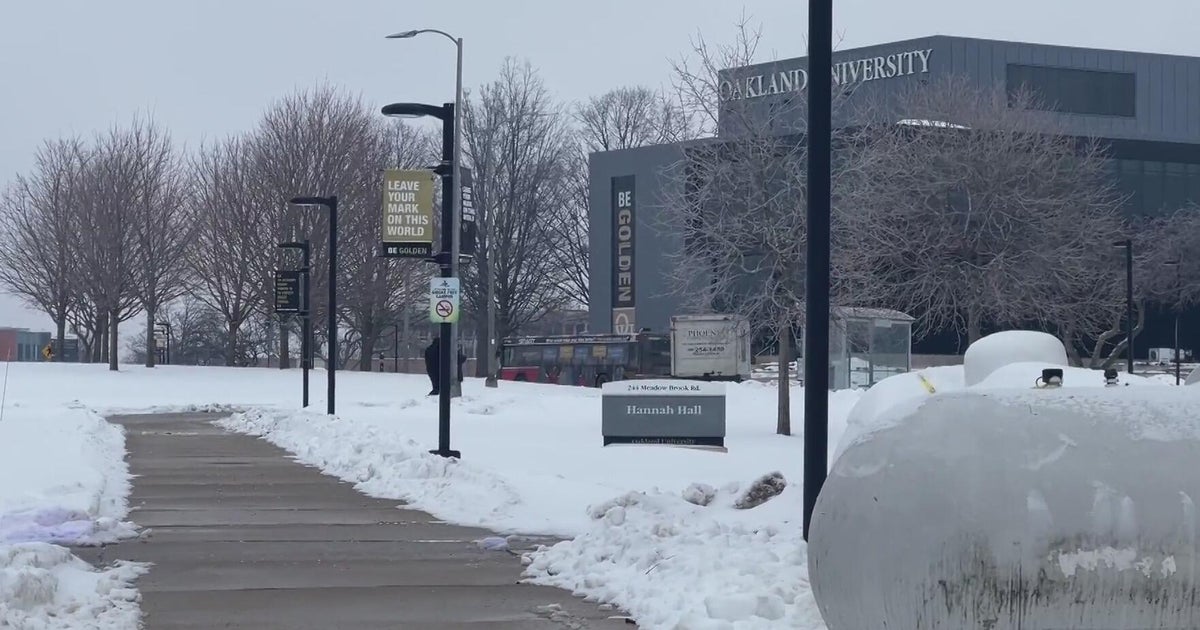Expert warns of free speech concerns after Brandeis bans Pro-Palestinian group
WALTHAM – One month after Hamas's surprise attack on Israel, the President of Brandeis University has revoked university recognition of a Pro-Palestine student organization, making him the first president of a private school to take such an action.
"Most urgently, in this twilight zone moment when students and faculty seem to be enjoying their freedom to express grotesque language about Jews, Jewish life, and the Jewish state, Brandeis will uphold free speech rightly understood. Universities cannot stop hate speech, but they can stop paying for it," University President Ronald Liebowitz wrote in a Boston Globe editorial Monday. "Brandeis will ensure that groups that receive privileges through their affiliations with the university, including using its name, will lose their affiliations and privileges when they spew hate."
The group, Students for Justice in Palestine, lost its university recognition after it planned a vigil on Monday, November 6 to mourn the "martyrs in Gaza," according to a social media post by the group. SJP is a branch of a nationwide collection of student groups.
In a statement on its social media, the group wrote in part, "We recognize that such a decision is purely racist and goes against the values of Brandeis University, an organization that was built to fight racism in higher education."
Some Jewish students at Brandeis praised the decision. "I have never been more proud to be a student at Brandeis University," said Noah Levy, a sophomore. "President Leibowitz took steps that no other university president has taken."
However, one free speech expert says the decision to derecognize a student group is "the exact wrong thing." Harvey Silverglate is an attorney and co-founder of the Foundation for Individual Rights and Expression, a group that "has become the nation's leading defender of fundamental rights on college campuses through [a] unique mix of programming, including student and faculty outreach, public education campaigns, individual case advocacy, and policy reform efforts," according to its website.
"Universities should have no political positions whatsoever," Silverglate told WBZ. "Universities should be places where people of diverse political views can peacefully exchange their views and ideas."
"Justice Brandeis would be turning over in his grave," he added, noting that the school's namesake was "one of the greatest supporters of free-speech and free thinking to ever grace the U.S. Supreme Court."
In addition, despite its status as a private liberal arts college, Silverglate says Brandeis could still be up against a possible First Amendment violation because it "accepts massive amounts of federal funds. That changes the legal situation," he said. "It is not their job to keep the peace by shutting up one side. It is their job to keep the peace and allow a forum for free expression."
Another student group is hosting a confidential private meeting on campus Tuesday night for students to feel free to safely discuss any and all concerns surrounding the controversy on campus.








